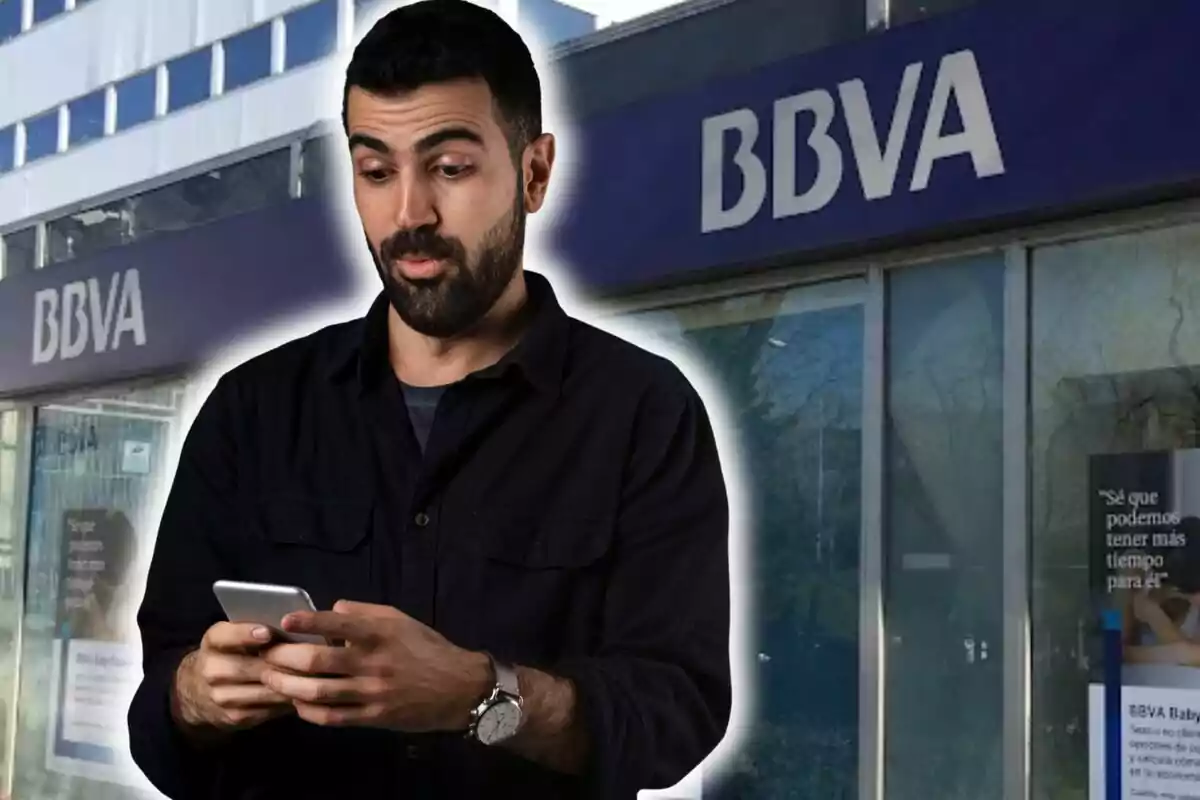
Special announcement from BBVA to thousands of Spaniards: confirmed, starting this 2025
BBVA strengthens its commitment to cybersecurity through the implementation of artificial intelligence
BBVA has made an important announcement that affects thousands of customers in Spain. Starting in 2025, the banking entity will apply new technologies based on artificial intelligence (AI) to enhance the security of its operations and combat digital fraud.
The bank has pointed out that AI has become a double-edged sword. It is not only being used by cybercriminals to carry out more sophisticated attacks. It is also a key tool for preventing fraud and protecting users.

In the face of the growing threat of attacks like 'phishing' and other social engineering strategies, BBVA has developed a plan. This way, it can address these risks through the use of neural networks, predictive analysis, and machine learning. With this initiative, the bank aims to offer a safer experience to its customers and stay ahead of the new tactics used by scammers.
BBVA bets on artificial intelligence in cybersecurity
BBVA has explained that artificial intelligence is a key piece in the entity's cybersecurity strategy. Thanks to this technology, the bank will be able to identify suspicious patterns in real-time. Thus, scams will be detected before they occur, and authentication systems will be improved so that its customers can operate with total security.
The bank highlights that, although AI has made attacks more difficult to detect, it has also enabled the development of more advanced tools to combat fraud. Therefore, BBVA is investing in technological innovation to continue ensuring the protection of its customers' data and transactions.

BBVA reminds that AI in cybersecurity is not new
According to BBVA, artificial intelligence has been used in fraud prevention since the 1980s. Although initially, it was limited to simple correlation rules. Now, generative AI has allowed significant advances in threat detection and has adapted to a constantly evolving digital environment.
The bank emphasizes that, in recent years, it has been integrating AI models into its security systems. Starting this year, these advances will be applied more effectively to identify risks in banking operations and online transactions.
BBVA insists that the role of artificial intelligence in banking security will be even more relevant in the coming years. The bank is developing next-generation 'firewalls' capable of detecting identity theft attempts. These will also be able to more precisely track cyber threats that move between platforms and financial services.

BBVA leads the fight against fraud in Spain
BBVA has pointed out that the battle against fraud is not exclusive to the banking sector. However, financial entities are at the forefront in applying artificial intelligence for digital security.
In fact, 93% of companies in the sector plan to invest in AI to strengthen their systems in the coming years. BBVA is at the forefront of this transformation in Spain. Additionally, it has assured that, in the coming years, it will continue to evolve its fraud detection systems.
More posts: